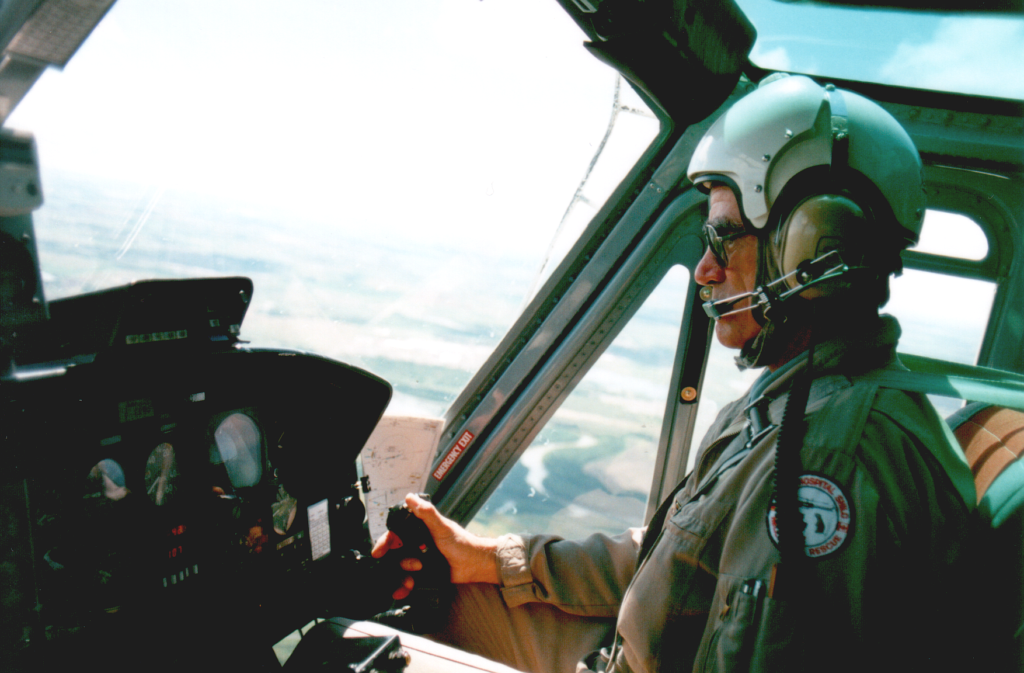Admit it: you wanted to be a pilot as a kid growing up, and even as a young adult, this desire still burns deep within you.
Getting a job as a pilot in the aviation industry is something that people do every year, so it is not unrealistic to expect that you could become one as well.

However, there are things that you need to know about this profession before taking the plunge. To that end, this article will show you everything that you should be aware of before giving the instructors at North Star Aviation Mankato Mn a call.
Let’s get into it below…
It is a not an easy career
The first thing you need to know about being a pilot is that it is difficult career to pursue and hold down.
You will need to take many difficult courses in college, learn the mechanics of an airplane and how to actually fly it (duh), and then you will need to spend countless hours in the air before you can even take your licensing exam.
That isn’t all: when you finally get a job in the industry, you will spend several years at the bottom end of the totem pole, where the hours are long and the pay is a fraction of what you can earn as an experienced pilot.
Furthermore, you will need to deal with jet lag, exhausting shifts, and assuming responsibility for the safety of hundreds of people every time you go up in the air.
If you are okay with all of this, let’s talk about what you need to do to become a pilot.
What education will you need?
Your path to the pilot’s chair begins in college. In order to position yourself for career in aviation, it is recommended that you take a bachelor’s degree in science or engineering.
While you can be trained as a pilot if you have a bachelor’s degree in any major, the courses that you will take in those two disciplines will help you the most during the training that will follow your tenure at college.
If you aren’t in science or engineering, be sure to take courses in math, physics, and aeronautical engineering as electives.
Learn the basics of flying an airplane
If you haven’t done so before or during college, seek out a training program that will teach you how to fly an airplane.
As you might imagine, this is compulsory if you want to be a pilot, but it is this step that gives hopefuls the most stress, as the act of flying an airplane requires taking risks assumed every time one takes to the air.
However, once you bite the bullet and start learning how to fly, you will find that your instructor will make sure that you are in as little danger as possible.
As you build up your skills, they will remove themselves from the process as you begin to become more comfortable sitting in the pilot’s chair.
We’re not going to sugarcoat it: your first solo flight is going to be one of the most stressful days in your life, but once you complete it, the surge of confidence and feeling of accomplishment that you will feel will be unlike anything you have ever experienced before.
Build up your hours
Before you can take your pilot’s exam, you will need to fly a set number of hours. Usually, this is about 250 hours, though it can take up to 1,500 hours if you are applying for a transport pilot certificate.
This includes at least 40 hours spent flying by instruments only, so don’t get frustrated if it takes a while before you can apply to write your commercial pilot test.
If you want to rack up the hours quickly in an environment that will prepare you for the worst scenarios in aviation, consider joining the air force.
In addition to the abundant amount of flight time you will get, you will also learn invaluable soft skills such as discipline and teamwork during the course of your training.
Get hired as an entry level pilot
Once you have been hired as an entry-level pilot, be prepared to pay your dues. Entry level pay isn’t that great, and you will be working tons of hours to start.
However, as you quickly gain experience within the commercial aviation industry, you will be uniquely positioned to move up into more senior positions, which will give you a more respectable salary with a more humane work schedule.